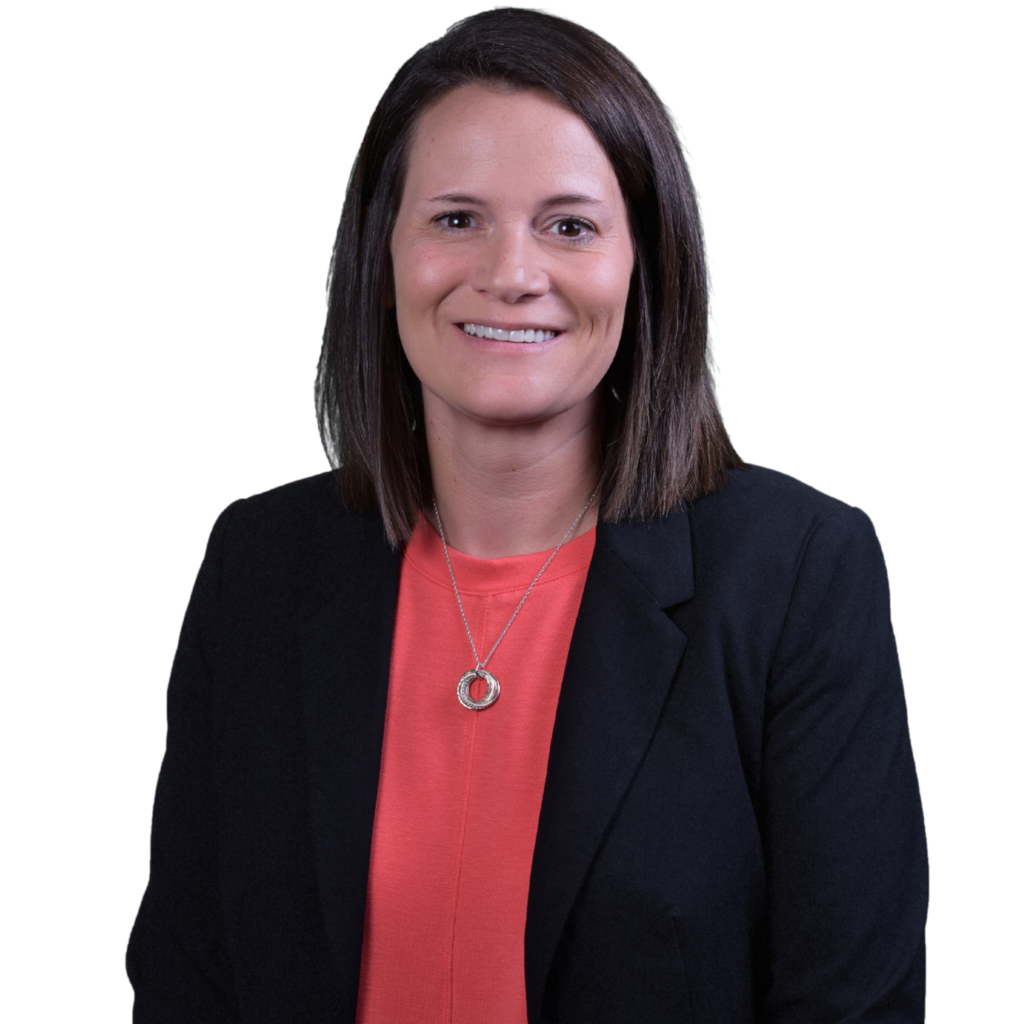NOTE: This article originally appeared in Pro Bono Partnership of Ohio News, published May 21, 2020. This Legal Alert contains general advice and you should seek legal counsel regarding your specific circumstances. Also, the guidance provided below is the law as of May 20, 2020. In these uncertain times, the laws and regulations are constantly changing.
On the heels of the May 13th announcement declaring any PPP loans under $2 million will be deemed to have made the required certification concerning the necessity of the loan request in good faith, the Small Business Administration (SBA) released the long anticipated Loan Forgiveness Application on May 15th. The next several weeks will continue to bring more guidance, and many lending organizations will be updating their systems to account for the requirements. The good news is many outstanding questions have been answered. The full PPP Loan Forgiveness application can be found here.
Key Takeaways from the Application
- Alternative eight-week covered period
- Answers the question regarding the inclusion of incurred or paid expenses
- Defines “full time equivalent” (FTE) as 40 hours along with an FTE reduction safe harbor
- Provision for a good-faith rehire attempt
Alternative Eight-week Covered Period
Originally, the eight-week covered period began upon the funding of the PPP Loan; however, clarification in the application allows for organizations to elect a start date for their covered period to align with the first day of their first pay period following receipt of their loan funds. The provision is only available to those organizations with a bi-weekly or more frequent payroll schedule.
Incurred or Paid Expenses
Clarification was provided to allow costs to be included on an accrual basis with certain provisions. Originally, it was assumed that only paid costs would be included in the calculation for forgiveness. This allows for an organization’s last incurred pay period to be included, even if the payment falls outside of the covered period, as long as it is paid before the next regular payroll date. The same application is true for other eligible costs.
Full Time Equivalent
The application defines “full time equivalent” (FTE) as 40 hours, as opposed to the original 30-hour threshold set by the Affordable Care Act. The average FTE for the eight-week period should be calculated and measured against a chosen historical reference period (further guidance is included in the application for the historical reference period). Forgiveness is reduced for any reduction of FTEs over the period; however, there is a safe harbor for those organizations who previously reduced the levels but restore them prior to June 30, 2020.
Good Faith Rehire Attempts
Organizations are in the process of rehiring employees, and some are finding that employees are either not interested in coming back or have found other employment. If an organization makes a good-faith offer to rehire an employee during the covered period and, that offer is rejected by the employee, the FTE reduction for those employees will not reduce the organization’s loan forgiveness. The offer should be made in writing and retained for documentation. Additionally, further exemptions are allowable if employees were terminated for cause during the covered period, voluntarily resigned, or voluntarily requested and received a reduction in hours.
Additional Reminders
- PPP Loans will not be subject to the Uniform Guidance
- Automatic six-month single audit submission extension
- Don’t double dip on your expenses
Uniform Guidance Applicability
On April 5th, the Governmental Audit Quality Center (GAQC) issued an alert to provide a definitive answer for PPP Loans administered through local financial institutions (FI). The GAQC declared PPP loans through local FIs will not be subject to the Uniform Guidance single audit requirements and are not to be considered for inclusion as federal awards on the Schedule of Expenditures of Federal Awards (SEFA). On the contrary, loans made to nonprofits under the Economic Injury Disaster Loans (EIDL) program will be subject to the Uniform Guidance single audit requirement and will be considered a direct loan program disbursed by the Small Business Administration (SBA). Therefore, funds received under the EIDL program are to be included on the SEFA in determination of applicability for a single audit under the Uniform Guidance.
Automatic Extension
On March 20th, the GAQC included an automatic six-month single audit extension for any reporting packages that had yet to be filed as of the date of the release and have fiscal year-ends through June 30, 2020. The release further recommends that the auditee keep on file documentation that includes the reasons for the delayed filing. The OMB will also require a reference to the OMB memorandum in their audit reporting packages, upon submission, in order to keep the Federal and pass-through agencies informed. Taking advantage of this extension will not affect consideration for being a low-risk auditee.
Don’t Double Dip
Payroll is one area where you can expect to see relief through the PPP. However, relief under PPP should not be used for those same employees’ payroll if it is being reimbursed from other sources (i.e. another state funding or federal source). Instead, the relief should be applied towards payroll that is not already reimbursed from other governmental sources. The same applies for obligations or direct costs that the PPP or EIDL programs are used for. It’s important to ensure costs are not duplicated. Lastly, a key to ensuring future grant compliance is to place an emphasis on internal controls; specifically, controls monitoring the application of costs to each funding source.
VonLehman experts have compiled a COVID-19 Resource Center to keep you up-to-date with breaking developments. Here, you can find resources to help you navigate these difficult times. For any questions related to this article, contact Stephanie Allgeyer at sallgeyer@vlcpa.com or 800.887.0437.


